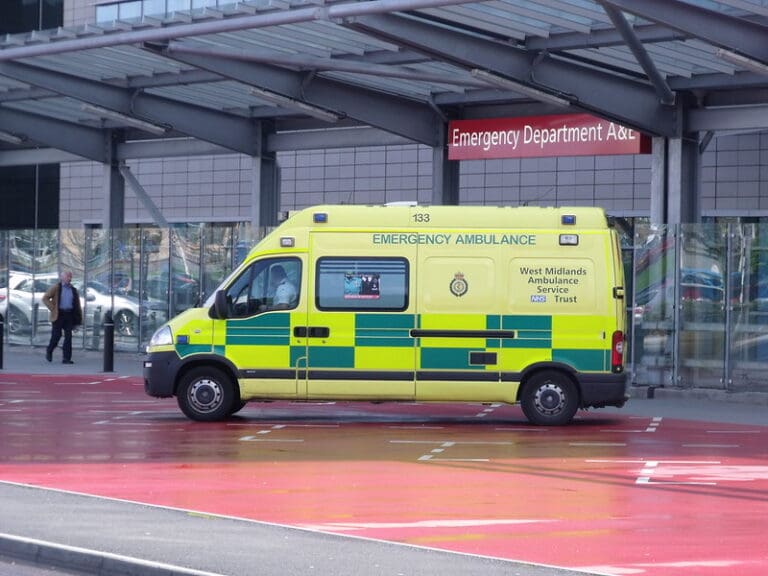The penny is finally beginning to drop. The health service’s focus on giving absolute priority to the treatment of Covid-19 generates costs and problems on a massive scale.
Chris Hopson, chief executive of NHS Providers, has warned of the huge pressures on the NHS from the backlog of non-Covid cases.
Many of these are life-threatening in themselves.
Cancer is an obvious example. But Hopson also warned of a significant increase in patients with “severe mental health needs.”
Looking solely at one disease out of many was always going to cause major problems.
Economists warned about the costs of lockdown during the very first one, in spring 2020.
A key concept in economics is that of trade-offs.
Trade-offs between alternatives have always been central to our economic policy and political debate. Lockdown is no different to any other policy. It has both benefits and costs.
More generally, lockdowns have imposed enormous economic costs.
In June last year, David Miles of Imperial College, along with a couple of medical experts, estimated the costs and benefits of the first lockdown. The benefits are the value of the lives saved.
Placing a value on a human life may seem macabre, but it is a standard tool used by the National Institute for Health and Care Excellence to guide health care decisions in the UK public health system.
The authors stated that “we find that having extended the lockdown for as long as three months consistently generates costs that are greater – and often dramatically greater – than likely benefits.”
The same conclusions were obtained by other economists, such as Bob Rowthorn at Cambridge and Barry McCormick at Oxford’s Nuffield Primary Care Centre.
A real world “natural experiment” emphasises the strength of their results. Life in Sweden has gone on more or less as normal over the past year, with minimal restrictions.
But not only is Sweden’s Covid mortality, adjusting for population, just two-thirds that of the UK, GDP fell in Sweden by just under 3 per cent compared to a 9 per cent drop in Britain.
Both within the health sector and more widely across the economy as a whole, an appreciation is growing of the costs of lockdowns.
The one group which is seemingly impervious to this is an influential one. Namely, the serried ranks of virologists and epidemiologists.
They remain firmly enclosed in their own silos of expertise, unable or unwilling to see the broader picture.
Hospitalisations and deaths remain low. But lockdown should persist because the more cases there are, the greater the chance of a dangerous new variant arising.
Public policy cannot be, and indeed in general is not, based on hypothetical problems. The Black Death might return. We might be hit by an asteroid.
Governments may usefully make some provision to deal with such scenarios. But they do not incur huge costs here and now just in case one of them might happen.
We have gone through a year when the population has had to protect the NHS. But the NHS and assorted health experts have not been protecting the population.


